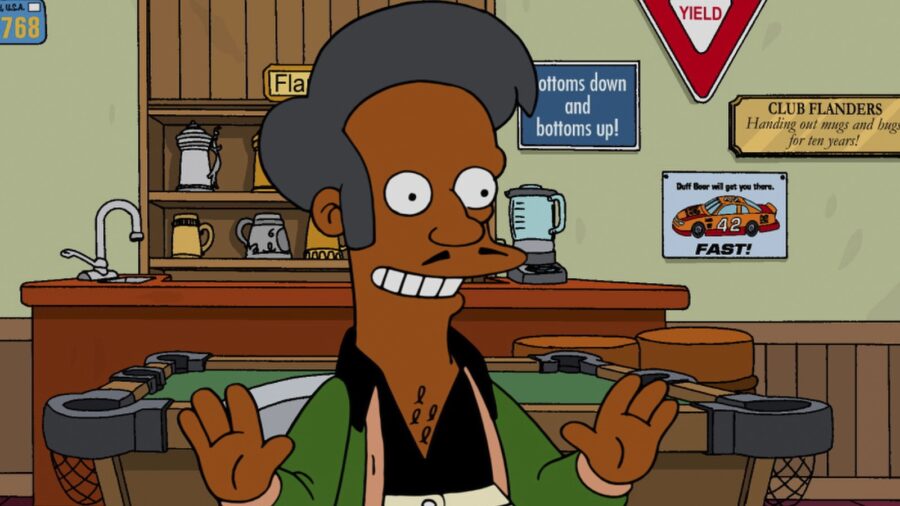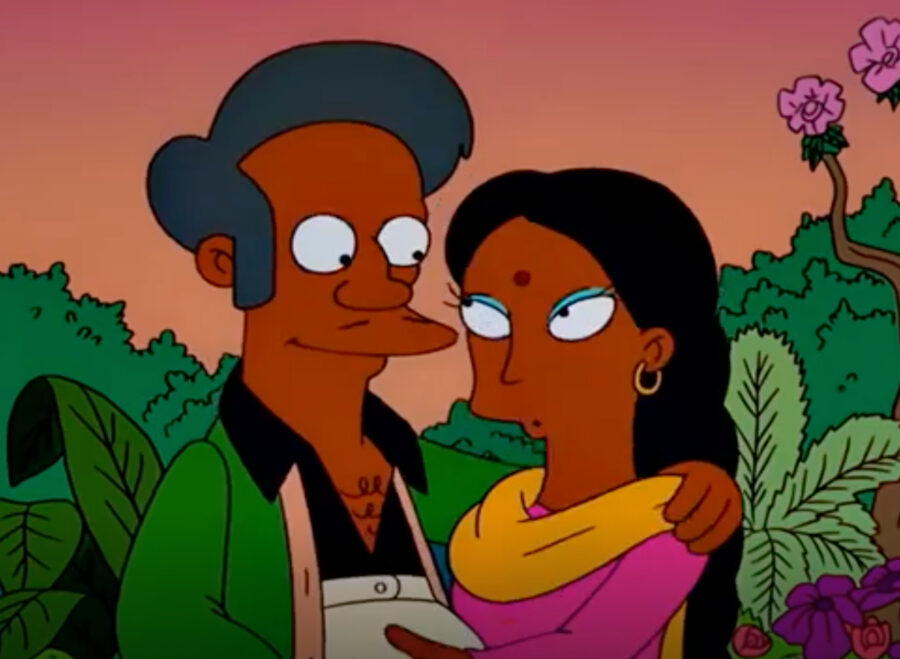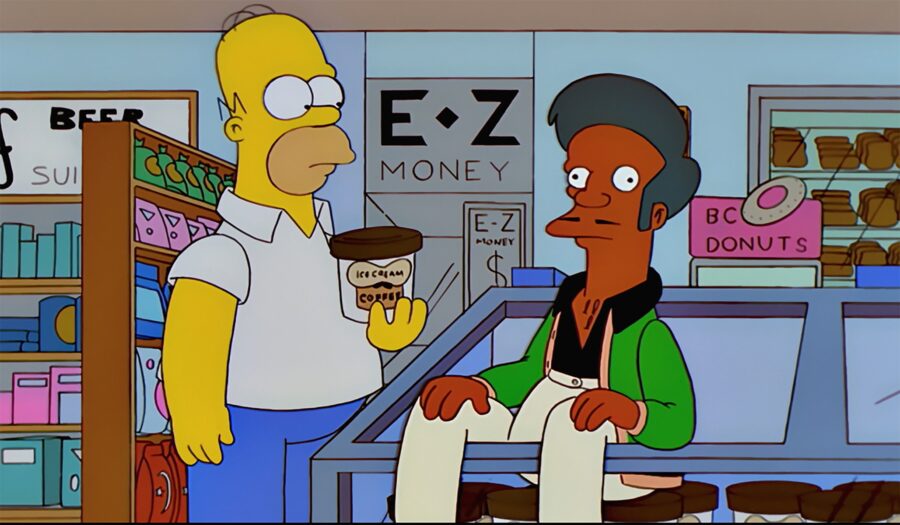The Simpsons Made Huge Mistake By Dropping Apu
When The Simpsons took away the role of Apu, it set a bad precedent.

Until a few years ago, Apu Nahasapeemapetilon, the proprietor of the Kwik-E-Mart convenience store in Springfield, was one of the most iconic characters in The Simpsons. He was ultimately removed from the series, and this was a huge mistake. Removing Apu from the show not only skirts the line of censorship but in a cruel irony, it’s an example of a TV series giving its audience less racial representation.
In later seasons of The Simpsons, Apu became the center of controversy due to concerns about negative racial stereotypes and cultural insensitivity. The backlash gained widespread attention in 2017 with the release of the documentary The Problem with Apu by comedian Hari Kondabolu. The show explored how the character perpetuated negative South Asian stereotypes.
This included critiques about his accent, job, and overall character portrayal as a caricature. Kondabolu argued that The Simpsons’ character harmed South Asian individuals and their communities. He was also unhappy with Hank Azaria, a Caucasian man, voicing Apu. The show’s response to the criticism was initially dismissive.

The creators and writers argued that the character was intended to be a harmless comedic representation and that they did not intend to offend anyone. The uproar was unofficially addressed in an episode of The Simpsons titled “No Good Read Goes Unpunished.” The episode follows Lisa, who revisits a beloved childhood book called “The Princess in the Garden,” which Marge had read to her when she was a child.
However, upon re-reading the book, Lisa discovers that it contains many outdated and offensive stereotypes. Toward the end of the episode, Lisa resigns herself to the fact that some things don’t age well, but nothing can be done. “Something that started decades ago and was applauded and inoffensive is now politically incorrect. What can you do?” she says, looking directly at the audience.
Marge then looks at a photo of Apu on her nightstand and says, “Some things will be dealt with at a later date.” The scene is widely interpreted as a reference to the controversy surrounding The Simpsons’ character and the criticism the show received for not addressing it. But as the controversy grew, the character was quietly retired.
While some folks took the decision as a victory, the move was largely misguided. His portrayal was not inherently offensive. Apu was a hard-working, successful immigrant who was proud of his heritage and culture. And although his character was voiced by Hank Azaria, who is not of Indian descent, he portrayed the character with respect and affection.
The decision may set a dangerous precedent for censorship, where characters or storylines deemed offensive could be removed from any show. This could stifle creativity and limit the ability to explore complex issues (like racism) in a meaningful way. Additionally, by removing the only Indian character on The Simpsons, critics have effectively undermined efforts to increase the representation of marginalized groups in pop culture.

It’s important to remember that representation is about more than just having perfect, flawless characters. It’s also about showcasing the diversity of the human experience. By embracing characters of all backgrounds, we can create a more inclusive and representative media landscape that reflects the richness and diversity of our society. Apu was a legacy character and didn’t deserve to be relegated to a non-speaking background role.
Instead of dropping the Kwik-E-Mart owner, The Simpsons could have evolved the character over time – an approach that has been successful with Quagmire on Family Guy. Apu could have grown and changed as the show progressed, with storylines exploring his background and family life while delving into his interests and hobbies. This approach would have allowed the character to grow out of any problematic stereotypes.
Furthermore, it’s important to note that The Simpsons has always been a show that has pushed boundaries and poked fun at various aspects of society. Although some viewers were offended by the portrayal of Apu, it’s essential to recognize that the show is a satire and is not intended to be taken too seriously.
One of The Simpson’s biggest strengths is its ability to comment on social issues in a humorous and thought-provoking way. As such, the decision to drop Apu was rushed and fueled by backlash from social justice warriors that filled social media with clout-chasing opinions disguised as meaningful critiques. And if the entertainment industry continues to cave under pressure, there won’t be anything left to watch.












